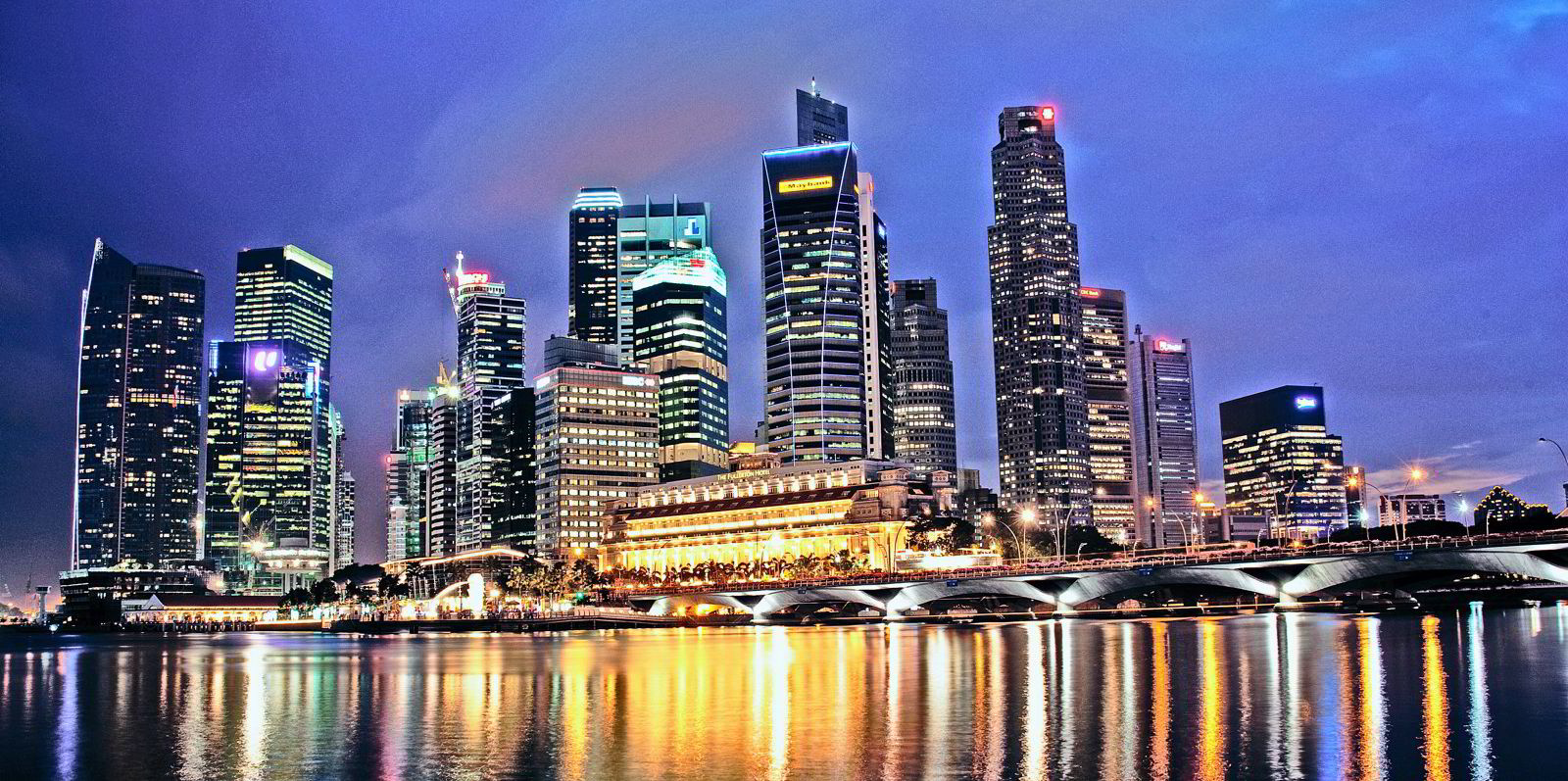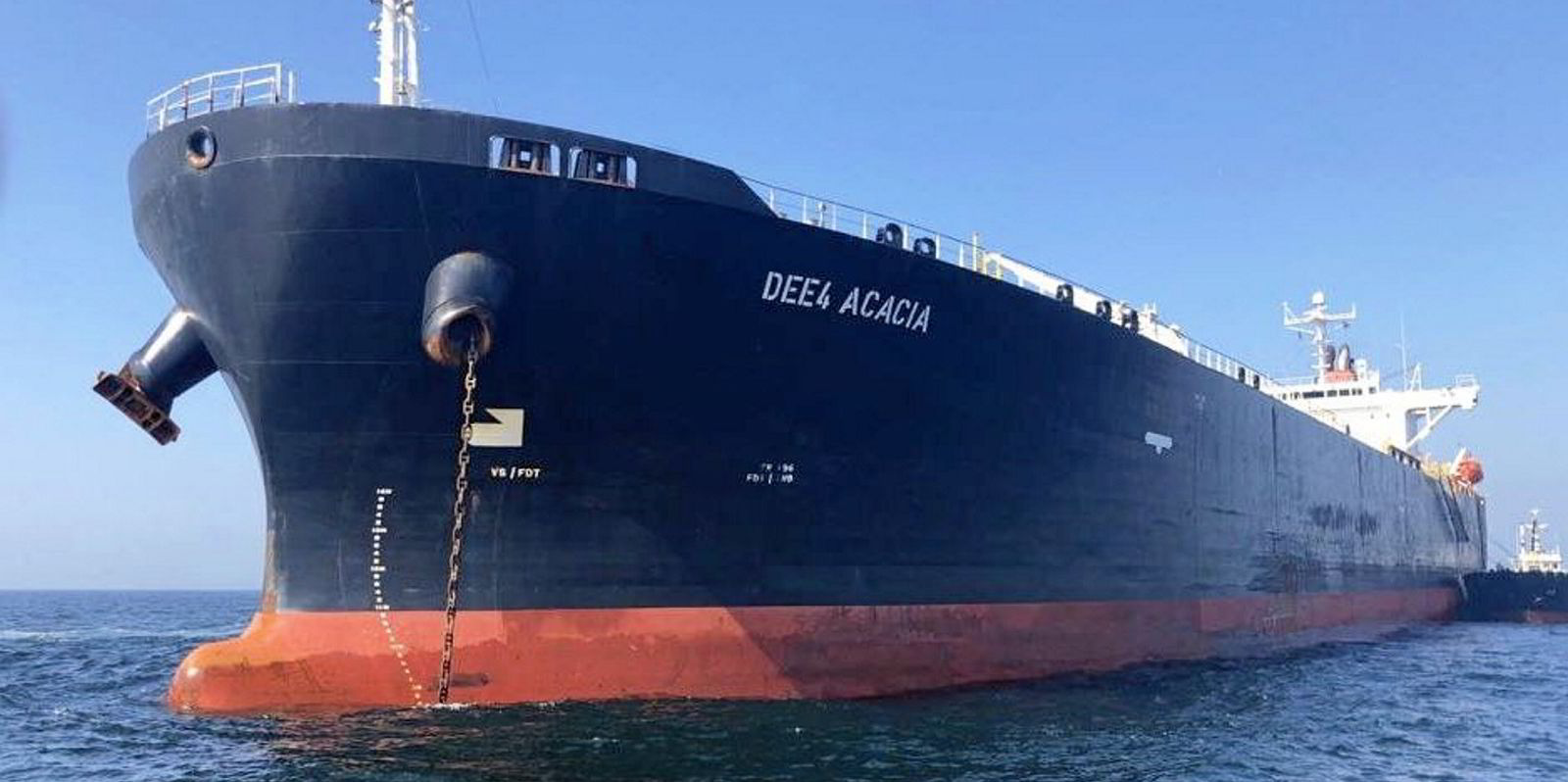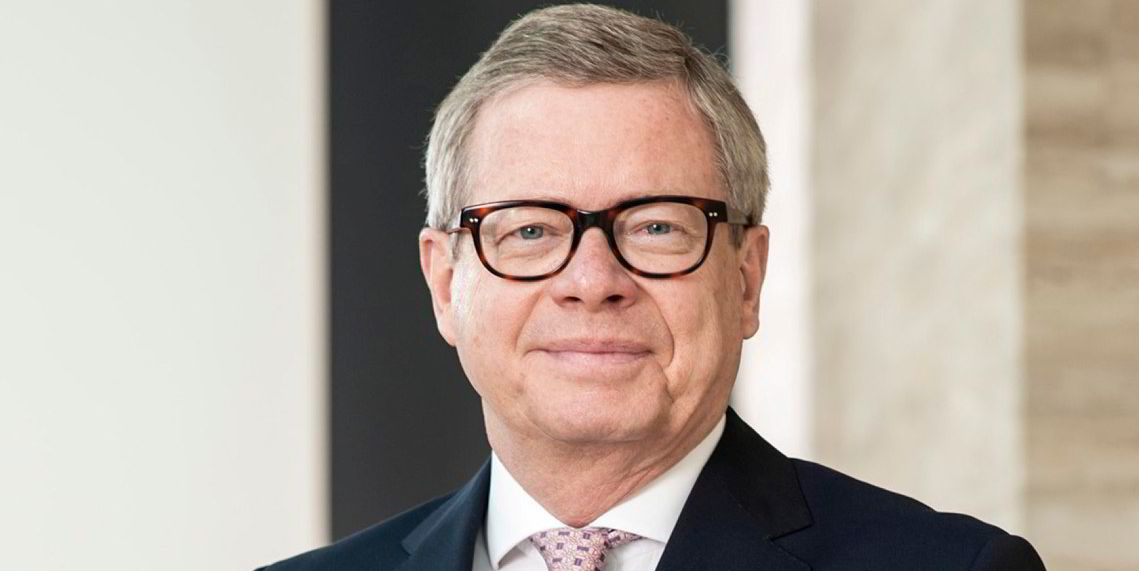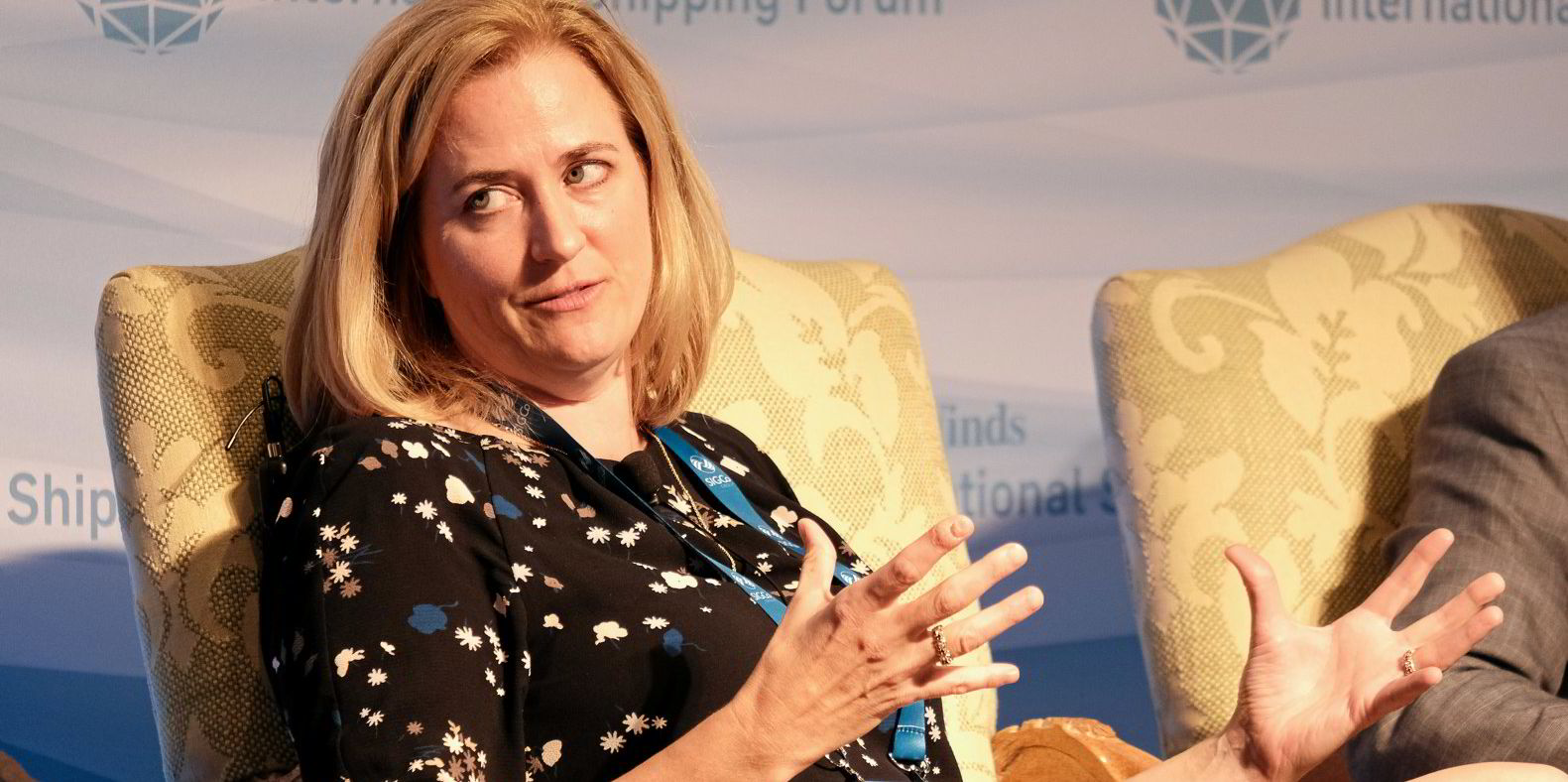MR product tankers are being deployed to the western hemisphere en masse due to limited employment opportunities in Asia, according to energy intelligence firm Kpler.
The latest data from Kpler shows about 780 MRs are currently operating in the west-of Suez region versus 720 vessels in the east-of-Suez trade.
More MRs had been trading in the eastern market than the western trade until May.
“The clean MR fleet has been moving west since Asia-Pacific products trade slowed in March,” Kpler’s senior freight analyst Matthew Wright said in a note.
“The decline in clean products trade in Asia over the last two to three months has resulted in a shift in MR tonnage out of the region.”
Despite weak earnings in Asia, analysts had expected MR owners to keep their ships on east-of-Suez routes due to high ballasting costs and limited arbitrage opportunities.
The Baltic Exchange estimated the rate for MRs in its basket of Pacific routes at $1,225 per day on Friday, just slightly above its all-time low.
But Wright suggested shipowners had to make a move due to low light cycle oil (LCO) imports into China and weak demand for refined products elsewhere in Asia.
Imports cut
“Stalling demand growth in Asia and the end of LCO imports in China have reduced products trade. With fewer loading opportunities the MR fleet is moving west,” he said.
Chinese companies have reduced their buying of LCO from overseas suppliers after Beijing slapped a consumption tax on imports of the blendstock in June.
“This trade was predominantly carried on MRs from South Korea, so its loss has weighed on the MR market more heavily than other segments,” Wright said.
He added that weak demand elsewhere in Asia amid renewed Covid-19 outbreaks has also been driving vessels away.
Product imports to a selection of key Asian countries excluding China have declined by 530,000 barrels per day (bpd) since mid-March, Kpler data showed.
“The Delta variant sweeping the world is sending case numbers surging in countries in Asia,” Wright said. “Even Indonesia, which saw comparatively low cases last year, is now posting the highest numbers of new cases globally.”
Singapore — the more important regional trading hub — saw total product shipments amount to to 1.7m bpd this month, down 350,000 bpd from the March level, according to Kpler.

“This is particularly troubling for the tanker market, as South East Asia is a large refined products importer. Weak demand here will depress clean tanker demand across the board,” Wright said.
The Baltic Exchange assessed rates in the Atlantic MR basket of routes at $5,420 per day on Thursday, relatively supported by buoyant loading activity amid mass vaccination programmes.
“Loadings west of Suez have firmed in recent weeks, which justifies the move of vessels to some extent,” Wright said.
“The current decline in numbers in the east will eventually slow and there will be a shift back in MR tonnage as long-term demand prospects in Asia are stronger. Whether this is in the fourth quarter or next year remains to be seen.”






